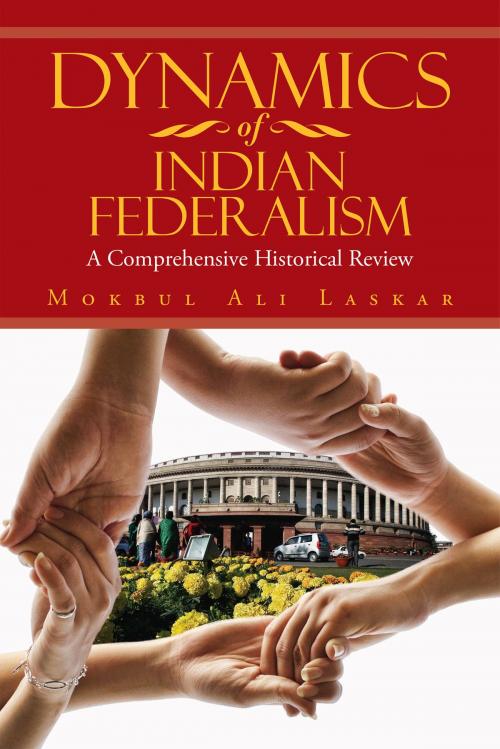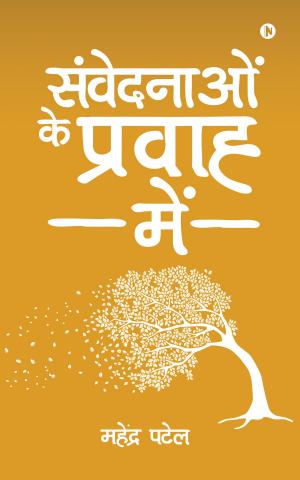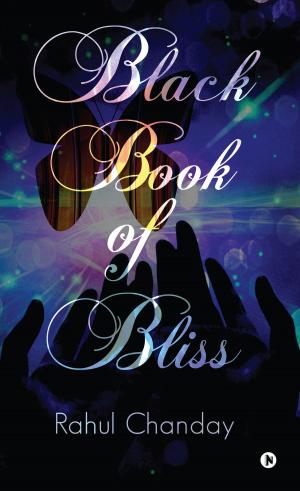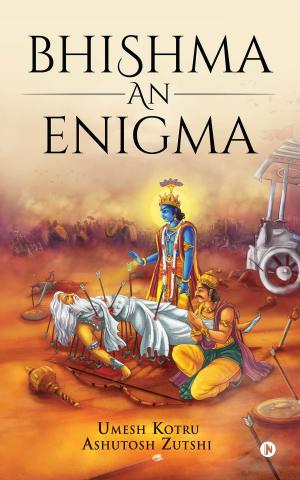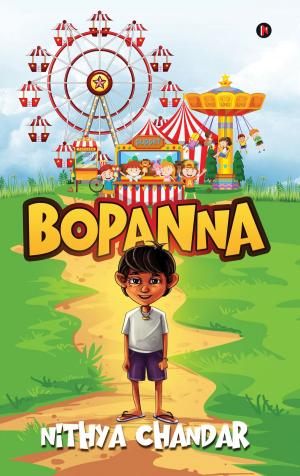Dynamics of Indian Federalism
A Comprehensive Historical Review
Nonfiction, Reference & Language, Education & Teaching| Author: | Mokbul Ali Laskar | ISBN: | 9789352062393 |
| Publisher: | Notion Press | Publication: | August 19, 2015 |
| Imprint: | Notion Press | Language: | English |
| Author: | Mokbul Ali Laskar |
| ISBN: | 9789352062393 |
| Publisher: | Notion Press |
| Publication: | August 19, 2015 |
| Imprint: | Notion Press |
| Language: | English |
This book is a detailed overview of the institutional and historical trajectory of Indian federalism, including both territorial and non-territorial aspects of Indian federalism. An extensive analysis has been made of the various federal policy measures adopted by different rulers from time to time, particularly with an emphasis on federalism under the British colonial rule and the role of princely states in Indian federalism. It has made a critical analysis of the Constituent Assembly Debates on federalism and the role of political leaders in shaping of Indian federalism. Further, a critical analysis has been made about the changing nature and dynamics of Indian federalism in the post-independent India including the contemporary debates on various aspects of Indian federalism.The book is an important compendium for those wishing to have first-hand information on Indian federalism and may be very useful for scholars interested in center-state relations. It can be an important guide for researchers in identifying various research questions for further study on Indian federalism. Most importantly, it can be a very useful course book for students or professionals for whom the existing shorter introductions to the subject may not suffice. Any undergraduate student who needs to undertake an advance level study on Indian Politics and Government or Indian federalism will find the book very useful. International readers of comparative politics will also find the book useful. Additionally, the book may be useful for those who are interested in Indian Administrative Services (IAS) and for the politicians as well.
This book is a detailed overview of the institutional and historical trajectory of Indian federalism, including both territorial and non-territorial aspects of Indian federalism. An extensive analysis has been made of the various federal policy measures adopted by different rulers from time to time, particularly with an emphasis on federalism under the British colonial rule and the role of princely states in Indian federalism. It has made a critical analysis of the Constituent Assembly Debates on federalism and the role of political leaders in shaping of Indian federalism. Further, a critical analysis has been made about the changing nature and dynamics of Indian federalism in the post-independent India including the contemporary debates on various aspects of Indian federalism.The book is an important compendium for those wishing to have first-hand information on Indian federalism and may be very useful for scholars interested in center-state relations. It can be an important guide for researchers in identifying various research questions for further study on Indian federalism. Most importantly, it can be a very useful course book for students or professionals for whom the existing shorter introductions to the subject may not suffice. Any undergraduate student who needs to undertake an advance level study on Indian Politics and Government or Indian federalism will find the book very useful. International readers of comparative politics will also find the book useful. Additionally, the book may be useful for those who are interested in Indian Administrative Services (IAS) and for the politicians as well.
